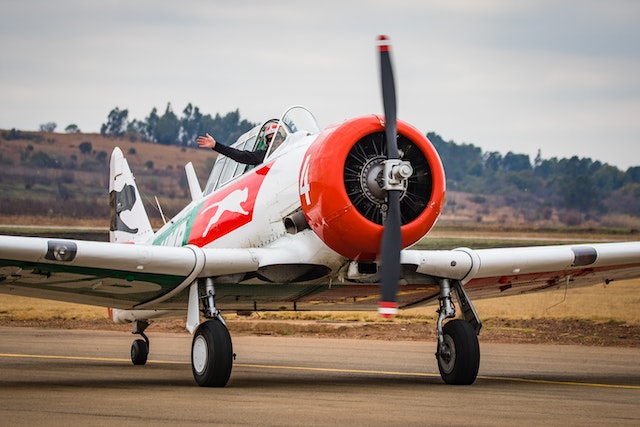For aviation enthusiasts, nothing compares to the freedom of flying their aircraft. The aircraft must be well-maintained to keep it in top shape, fly safely, and extend its lifespan. If you own a private aircraft, here are five tips for keeping it in excellent shape:
Tips for Having Good Maintenance on Private Planes
- Follow the manufacturer’s maintenance schedule
A private plane’s maintenance needs are spelled out in a manufacturer’s maintenance schedule. Maintenance procedures, inspection schedules, and suggestions for when to replace components are all included in the manufacturer’s program. Maintaining the aircraft in excellent shape and flying safely depends on sticking to this timetable. A qualified airplane mechanic’s input in reviewing the schedule and developing an aircraft-specific maintenance plan is also crucial.
- Conduct regular inspections
It is only possible to find problems and avoid mishaps with regular inspections. Private aircraft owners are responsible for inspecting their planes regularly for signs of damage, corrosion, and wear and tear. Daily, weekly, monthly, and yearly checks may be necessary, depending on the kind of plane. Have a professional technician do the inspections to ensure everything gets checked off and is running well. You should also have on hand key tools that would allow you or a professional to detect any potential safety issues early. For example, you will be able to make use of a tensiometer to routinely check your cable tension measurements and identify possible concerns early on.
- Keep the plane clean.
Maintaining a spotless aircraft is crucial for safety and performance reasons. If not removed, dirt, filth, and debris may wreak havoc on the aircraft. Corrosion and damage to sensitive electrical components may be avoided by regularly cleaning the plane’s outside and interior.
- Replace parts as needed.
It’s important to swap old or broken components for new ones quickly. Not replacing worn or broken components might cause catastrophic failures like a seized engine or a loss of steering. A certified aircraft mechanic should be consulted for advice on when and what components should be changed.
- Store the plane in a secure location.
Keeping your aircraft in a locked storage facility away from the weather and prying eyes is essential. You can explore custom metal hangars online if you want a customized hangar or other private storage facility that offers enough protection from the elements, vandalism, and theft. These factors are essential for stowing away a plane. Having the aircraft stored in a safe place will also aid in keeping it in excellent shape.
Factors to Consider Before Having Good Maintenance on a Private Plane
Cost
Keeping up a private aircraft may be costly, so planning for planned and unanticipated repairs is crucial. Depending on the brand and model of your plane, certain things like components, axle jack, labor, and inspections might cost much more or significantly less.
Frequency of use
How frequently and how much you fly in your private aircraft will determine the maintenance needs. Regular maintenance and repairs may be necessary if you use your plane often instead of less frequently.
Age and condition of the aircraft
It is important to consider the age and condition of your aircraft when budgeting for maintenance since older planes may need more regular repairs.
Benefits of Having Good Maintenance on Private Planes
Safety
The safety of a private plane’s flying depends on regular maintenance. Preventative maintenance may help identify and fix any safety problems before they happen. It also verifies that the plane’s life rafts, emergency beacons, and fire extinguishers are fully functional and easily accessible.
Reliability
Flying in a private jet that has been well-maintained increases the likelihood that there won’t be any difficulties or breakdowns while the aircraft is in the air, making it a safer option for passengers. The confidence of the passengers in the aircraft’s dependability and safety is bolstered as a result of this.
Performance
A private plane’s efficiency may be increased with regular maintenance. This includes checking the oil, changing the oil filter, and inspecting the spark plugs regularly. Increased fuel economy and decreased operating expenses are two potential outcomes of regular engine maintenance.
Conclusion
In conclusion, a private plane’s safe and efficient operation relies heavily on regular maintenance. Proper maintenance includes sticking to the manufacturer-recommended inspection intervals, cleaning and inspecting the aircraft often, replacing worn or broken components as required, and keeping the plane safe when not in use. By adhering to these recommendations, owners of private planes may continue to experience the pleasure of flight in pristine conditions.

